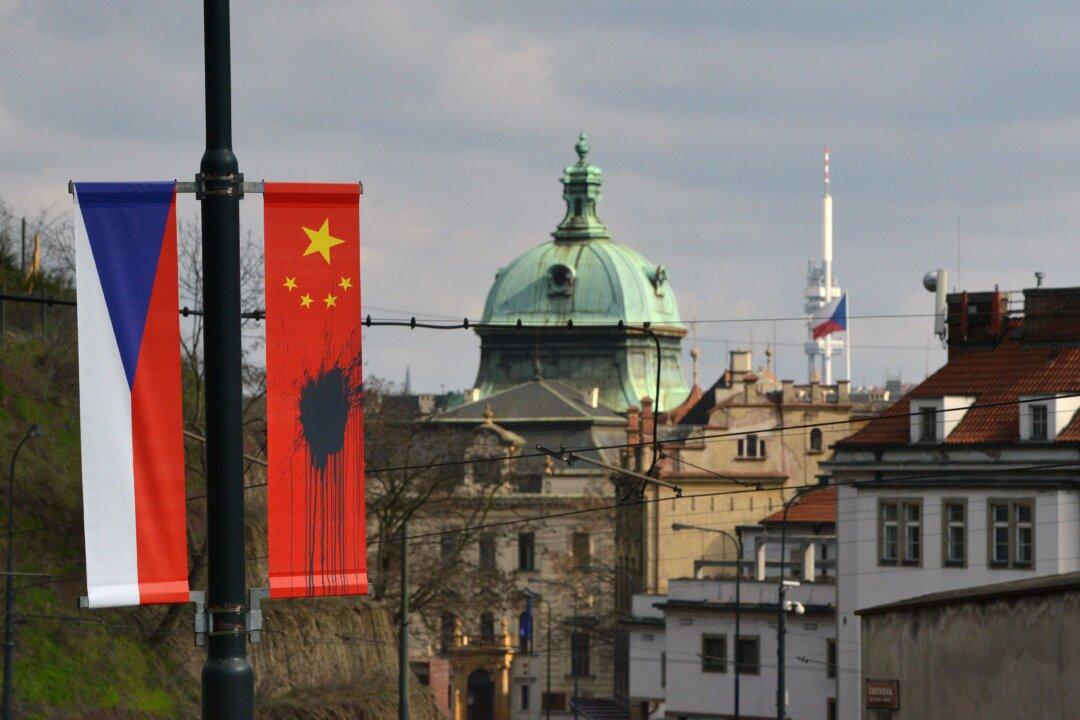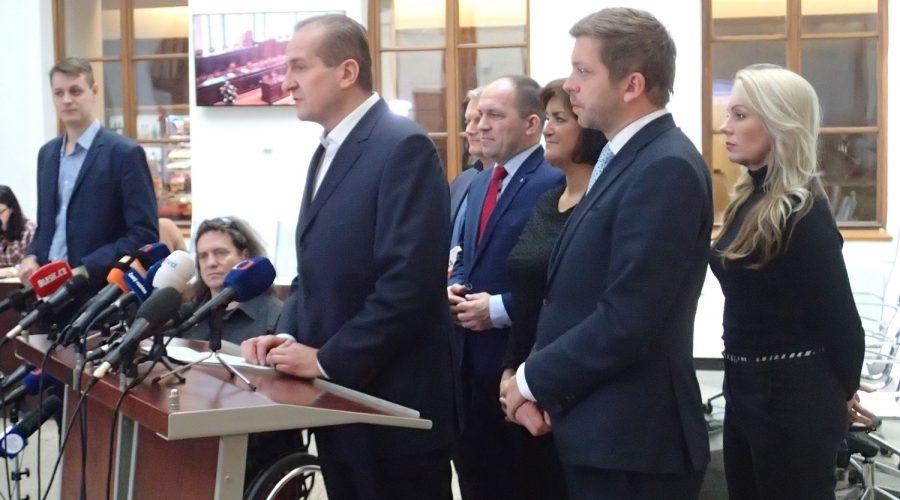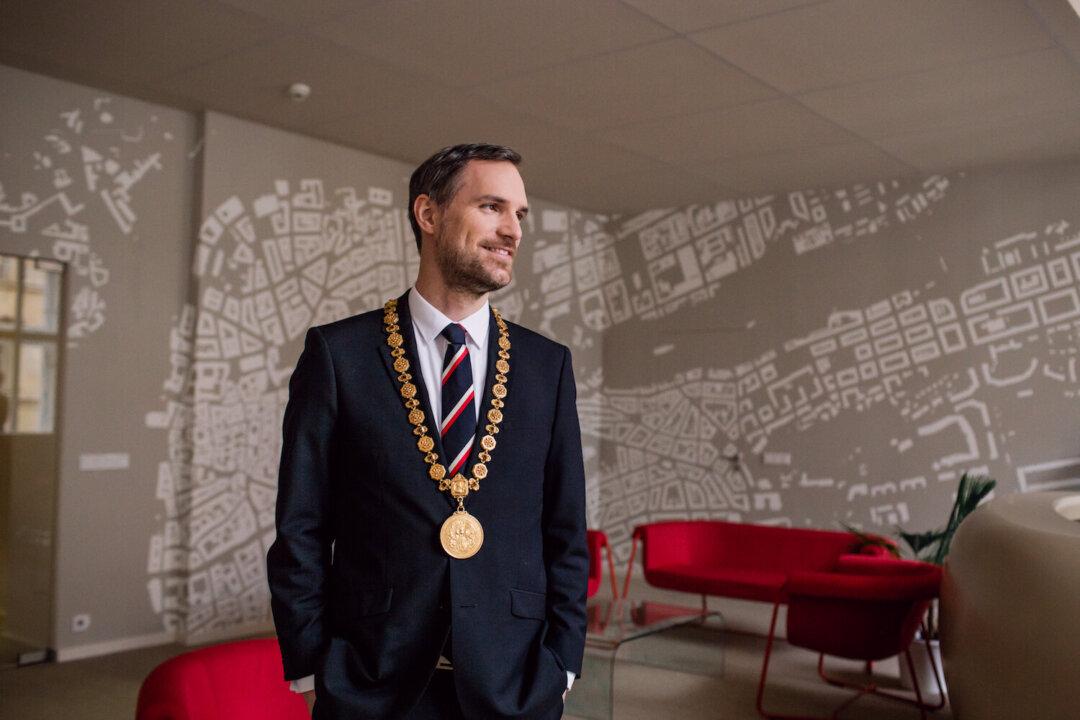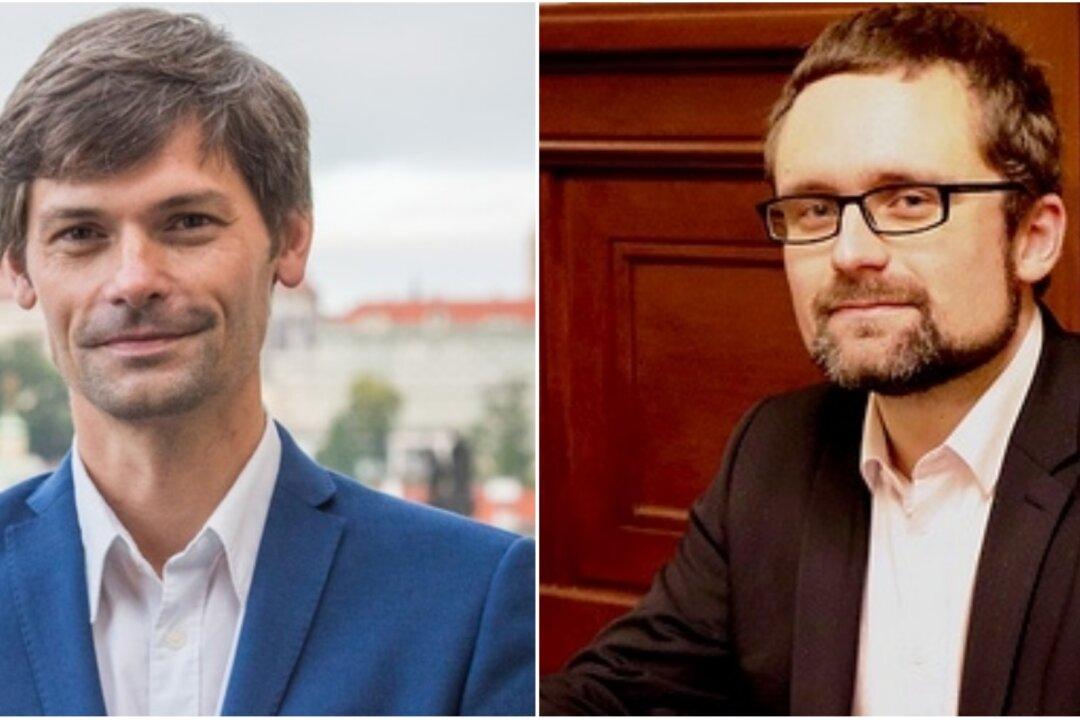PRAGUE—The Czech Republic’s orchestra Prague Philharmonia has planned an autumn tour in China this year, during which it will perform 14 concerts. However, the event may not happen at all. The Chinese regime is trying to cancel the tour in response to a diplomatic meeting between the Mayor of Prague and Taiwan officials—Prague’s support of Taiwan is seen as a threat to China’s sovereignty over the country.
The chief organizer of the Prague Philharmonia said that they will only be granted permission to perform in China if the members of the orchestra oppose the capital leadership’s favorable stance towards Taiwan.





